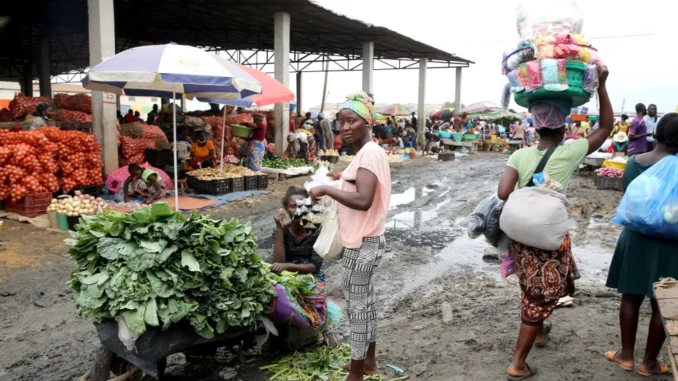
The representative of Angolan street vendors warned this week of the risks of social revolt due to poverty and exclusion that affect this class, as street trade represents the livelihood of most Angolan families.
In Luanda they are everywhere and they sell a little bit of everything, from fruit to peanut bags, bottles of water, lunch boxes, mobile phone chargers, car accessories, clothes, maps of Angola, an infinity of goods that carry the day, walking kilometers in search of customers.
In the “zunga” (street vending) the vendors are mainly women who try to support the family participate, with incomes that sometimes reach only 500 kwanzas per day (1.2 euros), said José António Kassoma, president of the association that represents 36 thousand street vendors and fairgrounds in seven Angolan provinces.
In Angola, almost 80% of workers have an informal job, a percentage that increases to 88% among women, while the unemployment rate is around 30%, and reaches 57% among the youngest (15 and 24 years old), according to data released in August by the Angolan National Statistics Institute.
José António Kassoma warns that the situation is critical and asks the executive for solutions, regretting that the successive requests for an audience with the President, João Lourenço, have not been answered.
Therefore, street vendors plan to meet soon at the Catinton market (Luanda) to appeal to international solidarity, “so that the world can look at Angola and see this suffering”.
The objective is to listen to the concerns of the class and pressure the executive to speak out and create, together with the association, policies to solve the problems of poverty and social exclusion.
